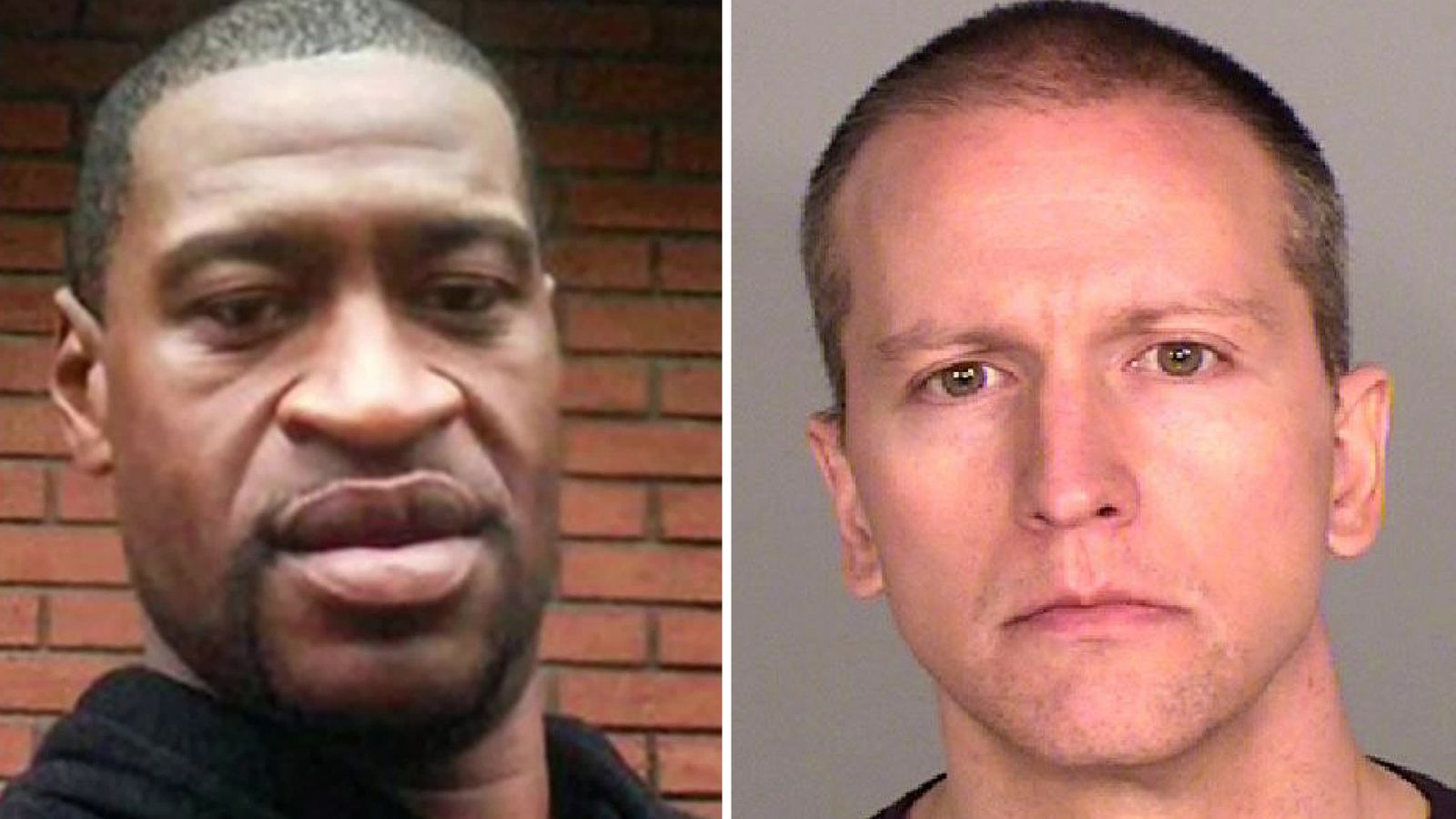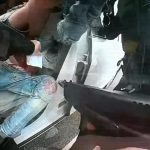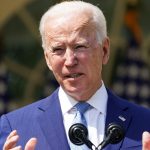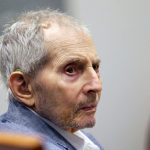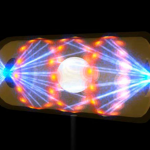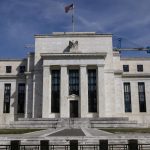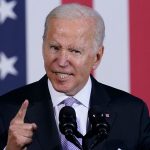America is on the edge of a historic verdict that stands to have seismic repercussions whatever the outcome.
The jury will hear a final appeal from both sides on Monday as the prosecution and defence deliver their closing arguments in the trial of former officer Derek Chauvin over the death of George Floyd.
The 12 jurors will then be sequestered to determine the conclusion of this trial – a process that could take hours, days, even weeks.
Please use Chrome browser for a more accessible video player
The area surrounding the courthouse in downtown Minneapolis has become increasingly locked down and boarded up. Members of the National Guard now stationed on street corners and outside buildings. Public schools will be closed from Wednesday in anticipation of a verdict.
A tense nation is braced for unrest if Chauvin is acquitted.
Minneapolis is already seeing nightly protests after black 20-year-old Daunte Wright was killed by police in the city a week ago. Outrage has spread further still after the shooting of 13-year-old Adam Toledo, who was Latino, in Chicago.
In the course of this trial we heard a story of power and the powerless.
Those eyewitnesses who saw Chauvin with his knee on George Floyd’s neck and could do nothing to save him. Those who felt scared of the police that day and a lack of trust in what they were doing.
It’s that feeling of helplessness that makes this trial so important.
It’s a verdict of what society will and won’t accept. It’s how change happens.
To understand why it has such high stakes, you need to know the story of Rodney King.
It’s a name you hear time and time again when people talk about George Floyd and the need for justice. It’s a name widely regarded as the last high profile test for America when it came to holding police accountable for brutality and racism.
It’s something many feel America got very wrong.
Thirty years ago, the nation reeled in horror as the brutal beating of black citizen Rodney King was beamed into their homes. Caught on camera by a bystander, four Los Angeles police officers – three of them white – were seen savagely attacking him.
It was 3 March 1991. Rodney King was drink-driving and on parole. He led police on a high speed chase through Los Angeles. When he was finally pulled over, he was beaten with batons and kicked for 15 minutes while other officers looked on. The attack left him with broken bones, a fractured skull and permanent brain damage.
Four officers were charged with excessive use of force. All four were acquitted. A verdict that told Americans what they saw with their own eyes was reasonable police force against a black citizen.
It was one of the darkest chapters in LA’s history. Much of the media were deemed as guilty as law enforcement for demonising Mr King as a violent criminal who got the kicking he deserved.
Less than three hours after the not-guilty verdicts, Los Angeles erupted in anger. The city saw the worst race riots since the 1960s. The unrest lasting five days and claimed the lives of more than 50 people.
Follow the Daily podcast on Apple Podcasts, Google Podcasts, Spotify, Spreaker
The similarities between George Floyd and Rodney King are stark. Their violent treatment by police captured on video and seen around the country. Outrage followed. But for Rodney King, justice didn’t.
For many, the outcome has to be different this time.
Chauvin pleads not guilty to the murder and manslaughter of George Floyd.
Just one juror could change the course of this verdict. All 12 jury members are needed to convict – all 12 to acquit. Anything in between is known as a hung jury – essentially deadlock – at which point the judge may declare a mistrial.
What happens next is in the hands of just 12 people but there’s a sense of apprehension being felt around the country.
For many, the verdict doesn’t just represent justice for the Floyd family – it’s a statement of what America is prepared to accept – how it values and protects its black citizens.
